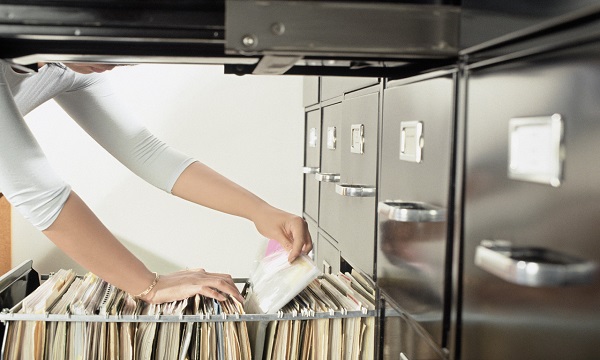
Public records on your credit report can negatively affect your credit score and stay on your credit report for seven years or more. There are three types of public records that can appear in your credit report: bankruptcy, civil judgments and tax liens.
Bankruptcy. A Chapter 7 bankruptcy remains on your credit reports for 10 years from the filing date. A Chapter 13 bankruptcy is deleted from your credit reports 7 years from the filing date because you are required to repay at least part of the debt.
Civil judgments. Civil judgments remain 7 years from the filing date.
IRS Tax Liens. Tax liens are filed by government when you have not paid your taxes. Unpaid tax liens can remain on your credit report for 15 years from the filing date. Paid tax liens remain seven years from the paid date unless you enter the IRS Fresh Start Program. Under the Fresh Start Program if the taxpayer pays their lien in full, the IRS will withdraw the lien. And, even if you haven’t paid the IRS in full, you may be able to qualify for the program if you currently owe $25,000 or less and have entered into a direct debit installment agreement where IRS payments are automatically withdrawn from your bank account.
What public records do to credit scores
Public records, even if paid, can negatively impact your credit score. One public record can decrease a good credit score by as much as 150 points. Unless the negative item is removed, only time will lessen the impact of a public record on your credit.
What to do?
If you believe the public record on your credit report is inaccurate, you can dispute it as an error to the credit bureaus. Look for any incorrect facts like dates and amounts. You want to request a deletion of incorrect or unverifiable information as soon as possible.
If the public record is accurate, make sure everything else on your credit report looks good. Make on-time bill payments on current accounts, maintain a low credit utilization rate and never max out credit cards. The older the public record the less impact it has on some lenders’ decisions and credit scores, although it still will be scored as a negative item for as long as it remains.
Lexington Law. assisted clients in removing 4,833,329 negative items in 2013 from credit reports. alone. Those negative credit items included: Bankruptcies, Foreclosures, Tax Liens, Repossessions, Judgments, Collections, Late revolving credit payments, and Inquiries.















